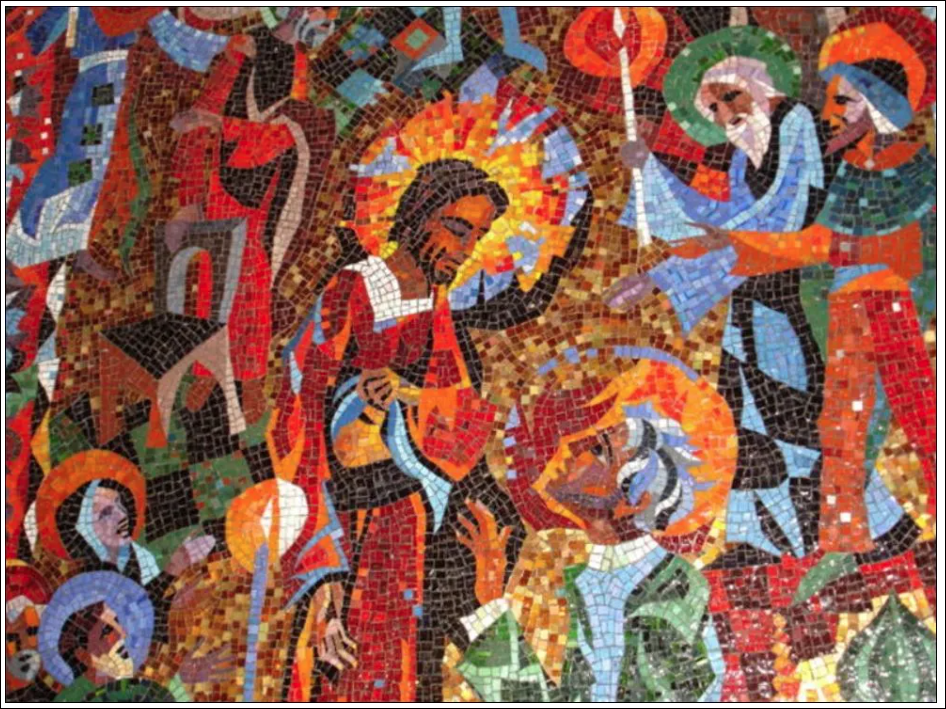Orignally posted December 14, 2014. Revised and updated Sunday, December 17, 2023.
Today is “Stirrup” Sunday — an irreverent nickname some of us “Whiskeypalians” give the Third Sunday of Advent, based on the (pun intended) “stirring” words of the opening collect:
Stir up your power, O Lord, and with great might come among us; and, because we are sorely hindered by our sins, let your bountiful grace and mercy speedily help and deliver us; through Jesus Christ our Lord, to whom, with you and the Holy Spirit, be honor and glory, now and for ever. Amen.
The more traditional name for this day is “Guadete Sunday” from the first word of the traditional introit of the Latin mass: “Guadete Domino semper, iterum dico, Gaudete!…” or “Rejoice in The Lord always! Again, I will say, REJOICE!“
That line comes from Paul’s letter to his beloved church in Philippi (Phil. 4:4). Writing from a Roman prison cell, a remarkably emancipated Paul suggests to this fledgling flock that to “Rejoice!… Always!” may well be the best way to harness our Lord’s “stirred up” power.
The notion of having the power of a Holy Spirit “stirred up” within us is both liberating and comforting, but also a little damn frightening.
Metaphors abound in my head, and all of them have their limitations. Some are just plain silly. But a “stirred up” Lord coming among us “with great might” could be like a summer rain storm, that may blow a few things around but also cleans the atmosphere, cooling and nourishing the environment. Or maybe like chemotherapy, destroying in a not so pleasant fashion that which would destroy us if not treated.
Or perhaps even a “stirred up” Lord is like the Incredible Hulk. Bruce Banner can certainly be “stirred up” and unpredictable, even destructive of some things to be sure, But the “Green Goliath” is ultimately protective, serving a greater good. (Ok, I admit this last metaphor is a bit of a stretch. But hey, such is the byproduct of a “stirred up” Lord.)
According to this sublime collect of Advent 3, the reason we need such a rambunctious remedy to arrive is “because we are sorely hindered by our sins.” This time of year especially, perhaps the biggest hindrance of all, at least for me, may well be our inability simply to be still. A good friend years ago helped me to realize that to “do” nothing – in meditative stillness and quiet – is NOT a lack of activity. Indeed, such attentive and intentional mindfulness is in fact a positive action requiring great discipline, often more than I have.
If there is anything that these last days of Advent are meant to teach us, I think, it is that the “nothingness” of waiting — in expectant faith for our Lord’s Love and Goodness made manifest at Christmas, can indeed “stir up” unspeakably deep joy. To exercise such trust, to rely on such “nothingness” and to actively engage in such “passive” waiting, can be as difficult as any 30-minute elliptical workout. But I’m coming to find that when I fail to do so, I am “sorely hindered” indeed.
Gaudete Domino …Always!




